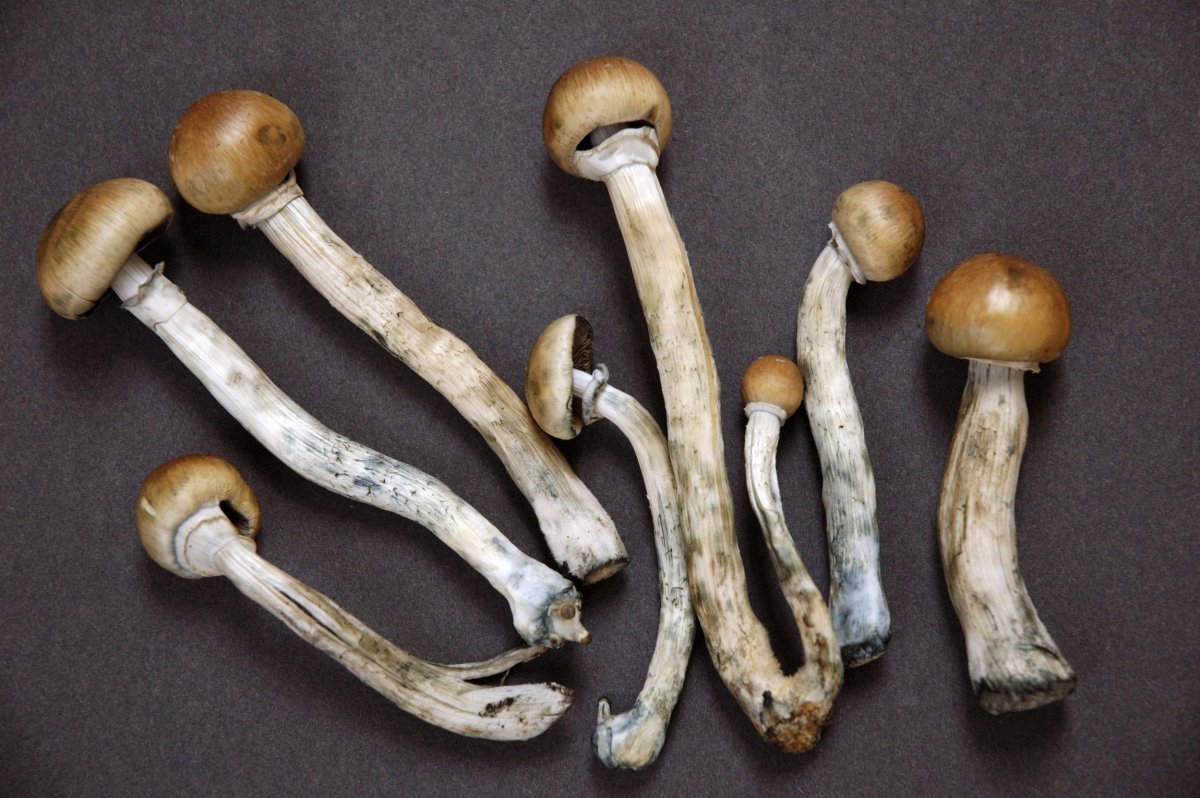
From the therapeutic promise of "magic" mushrooms to how DNA shapes our noses, here are five things we learned in Tech & Science this week:
- Public pools are generally filthy cesspools. The U.S. Centers for Disease Control and Prevention's (CDC) annual report on public watering holes found that nearly 80 percent of venues inspected in 2013 were found to have at least one safety or hygiene violation. Fully 20 percent of kiddie pools were closed after inspection. The CDC found that 58 percent of pool filters sampled tested positive for E. coli, a bacteria normally found in the human gut and feces.

- It's now possible to receive a penis transplant. The first such transplant in the U.S. was completed this week at Massachusetts General Hospital on a man who had lost his penis to cancer. The accomplishment is seen as particularly promising for military members who suffered genital damage in combat, and improves on the successful phalloplasty treatments that require penis pumps to maintain erections.
- Psychedelic mushrooms may hold promise for treating depression. Psilocybin, the active ingredient in the reality-altering substance, was given to 12 depressed patients in a study published May 17 in The Lancet Psychiatry. All 12 showed improvement after just one session; three months later, 7 of the 12 were still significantly less depressed. But the authors warn that their findings don't prove anything and cautioned against taking mushrooms outside of a clinical setting (even if Timothy Leary would have approved).

- Exposing your children to allergenic foods at an early age will help them avoid allergies as they get older. Research being prepared for publication found that babies who were given milk, eggs or peanut butter were less likely to develop sensitivities to such products when assessed at age 1. The findings run counter to previous guidance that told parents to avoid certain foods until age 3.

- We have our ancestors to blame for the size of our noses. Research published May 19 in Nature Communications details how four genes determine the dimensions of noses, which adapt and evolve over time. Essentially, features change from generation to generation to suit a person's environment. For example, a nose with a narrow bridge—prevalent among Europeans—is a genetic adaptation to life in a cold, dry environment.

Uncommon Knowledge
Newsweek is committed to challenging conventional wisdom and finding connections in the search for common ground.
Newsweek is committed to challenging conventional wisdom and finding connections in the search for common ground.
About the writer
To read how Newsweek uses AI as a newsroom tool, Click here.








